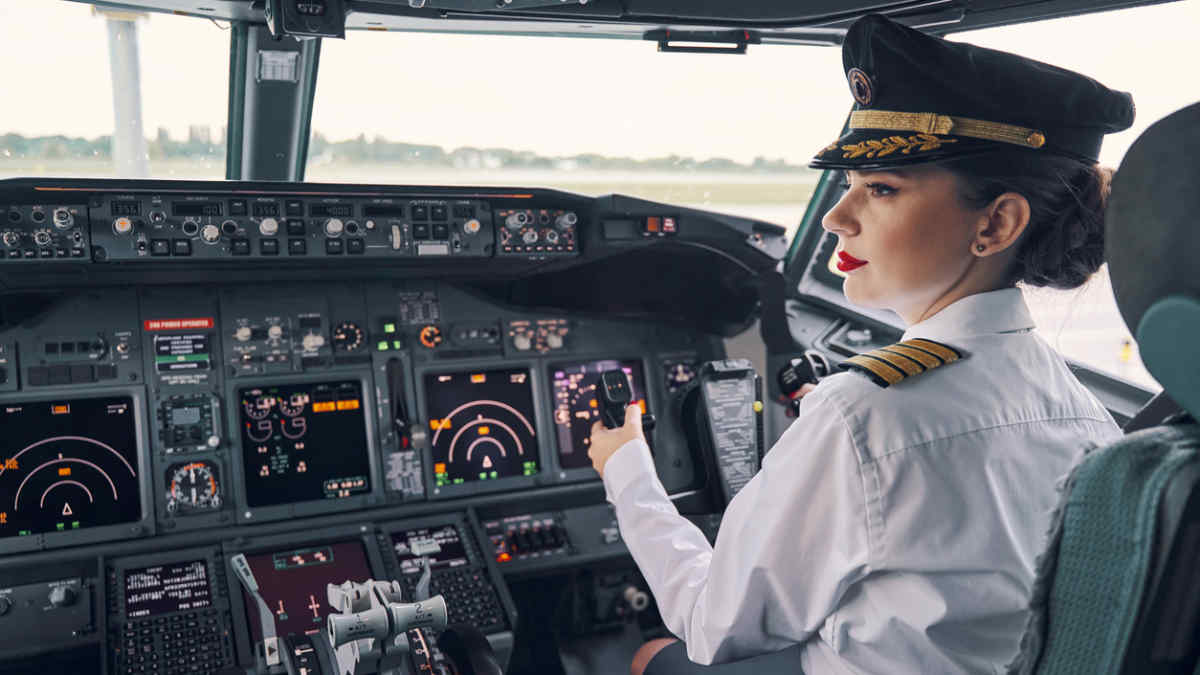

?Takeaway: Transportation employees required to obtain federal certification must remember that regulatory agencies hold great sway over their livelihoods. Failure to follow an agency’s exact instructions concerning seemingly minor matters may have dire consequences.
?The Federal Aviation Administration (FAA) is authorized to issue “airman certificates” that permit individuals to engage in a range of activities related to aviation. It issues six types of pilot certificates. These include a certificate confirming a pilot’s physical abilities and a medical certificate confirming the pilot’s physical fitness to pilot planes.
As part of this process, the FAA maintains a program for controlled substances testing of airmen. FAA regulations require that each test subject provide at least 45 milliliters of urine for a drug test. If a pilot fails to do so, the collector must follow “shy-bladder” procedures by discarding the specimen and urging the pilot to drink up to 40 ounces of fluid. If the subject leaves the test center before the collection is completed, the departure is deemed a refusal to test.
Refusal to take a required drug or alcohol test is grounds for suspension or revocation of a pilot certificate, and disqualifies the pilot from holding any of the three classes of medical certificate for two years from the refusal to test. An adversely affected pilot may appeal an FAA order to the National Transportation Safety Board (NTSB).
In August 2020, the plaintiff, an experienced airline pilot, interviewed for a job with Private Jets. He was required to take a pre-employment drug test. Upon his arrival at the test center, the test collector explained the testing procedures, including that he would need to produce a urine sample. The plaintiff began the testing procedures but did not provide the required 45-milliliter urine sample and left the test center. The test collector reported his refusal to test to Private Jets’ drug-testing manager, who notified the FAA that the plaintiff had refused a drug test.
In November 2020, the FAA issued an emergency order revoking the plaintiff’s airline transport pilot certificate and his airman medical certificates. The orders stated that the plaintiff failed to remain at the test center until the collection process was completed, which constituted a refusal to test. He thus lacked the qualifications to hold an airline transport pilot certificate and any class of airman medical certificate.
The plaintiff appealed the decision to an Administrative Law Judge (ALJ) of the NTSB. At the ALJ hearing, the plaintiff admitted that the urine sample he produced was deemed insufficient. He claimed that he asked the test collector if he could go to lunch and come back, and she gave him permission, stating that Private Jets could send a new application if he returned. He claimed that the test collector did not give him shy-bladder instructions, nor told him that leaving the test center would be deemed a refusal. If she had, he would not have left.
The test collector testified that the plaintiff had provided an insufficient sample and said that he could not stay at the test center any longer. She told him that leaving would be considered a refusal to take a test. She denied giving him permission to leave and testified that she told him he would have to get a new form from his job because once the form indicated a refusal it could not be used again. She could not remember if she mentioned the shy-bladder procedure.
The ALJ found the test collector believable and concluded that the FAA had proven a violation of its drug-testing regulations and affirmed the revocation orders. The plaintiff appealed to the NTSB. The NTSB ruled in favor of the FAA, finding that the test collector told the plaintiff the most important information, which was that his departure would be considered a refusal to test.
The NTSB further reviewed the FAA’s revocation sanction and decided to reduce it to a 180-day suspension. It found a lack of clear evidence of notice of the shy-bladder procedure, and that the pilot may have been confused by the statement that he would need a new form if he returned.
Both the plaintiff and the NTSB appealed the decision to the D.C. Circuit Court of Appeals. On appeal, the D.C. Circuit found that the test collector was more credible than the plaintiff and concluded that the plaintiff had refused a drug test by failing to remain at the center until the testing process was complete. It further found that the NTSB’s reduction of the sanction was arbitrary and capricious because it did not give deference to the FAA’s decision.
The court thus reversed the 180-day sanction and required the NTSB to impose the two-year ban.
Pham v. National Transportation Safety Board, D.C. Cir., No. 21-1062 (May 10, 2022), orders denying petition for rehearing and rehearing en banc (May 27, 2022).
Jeffrey Rhodes is an attorney with McInroy, Rigby & Rhodes LLP in Arlington, Va.

